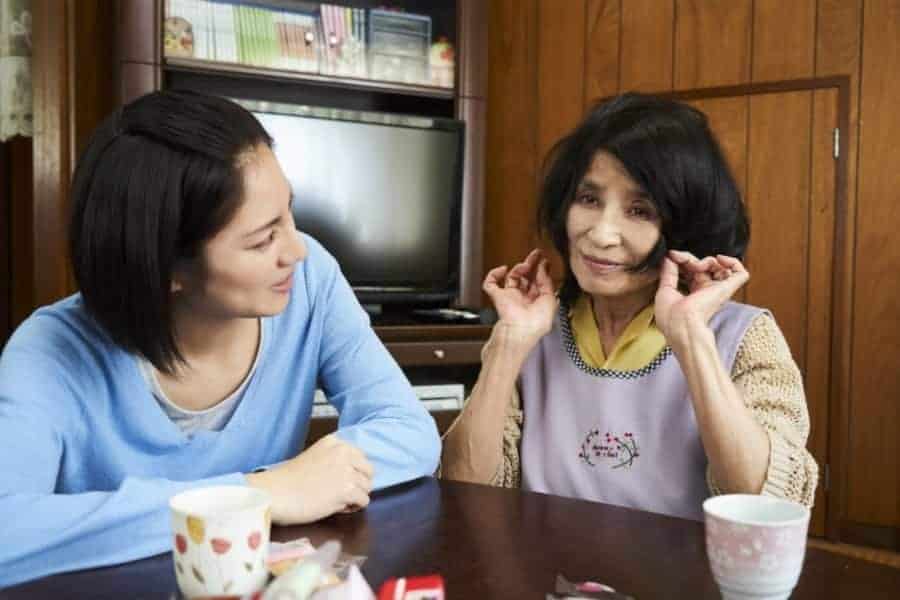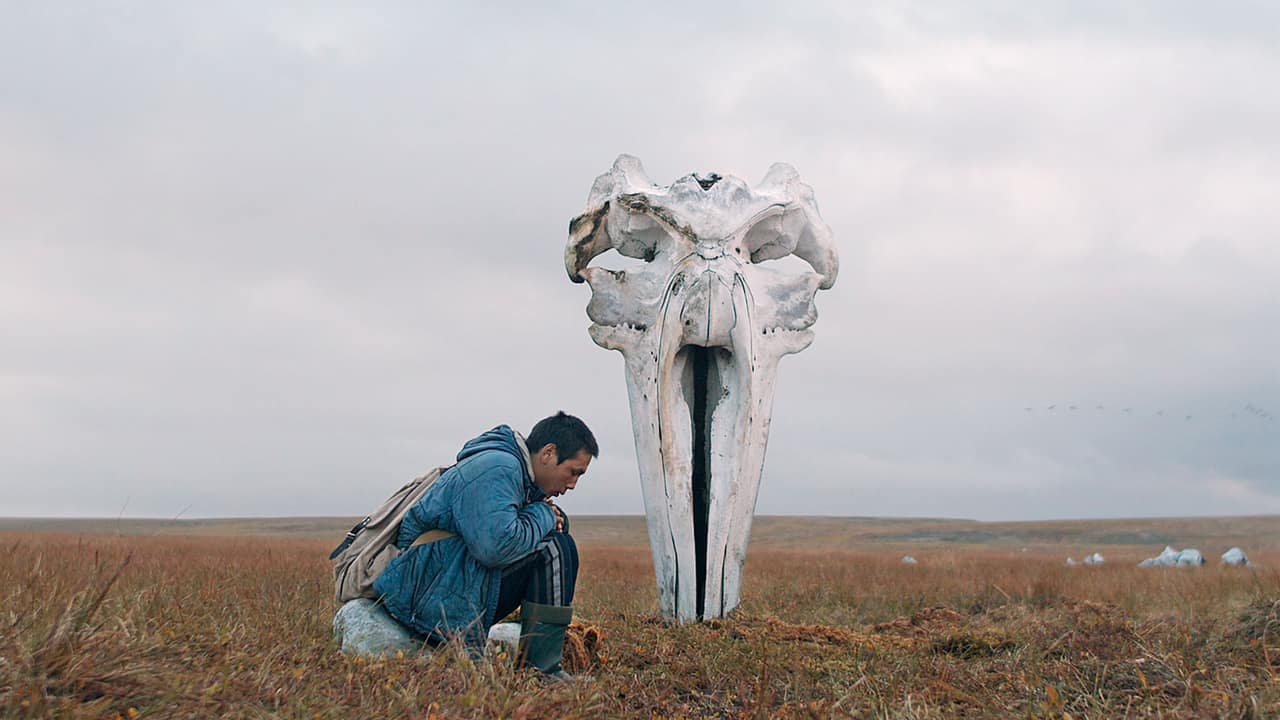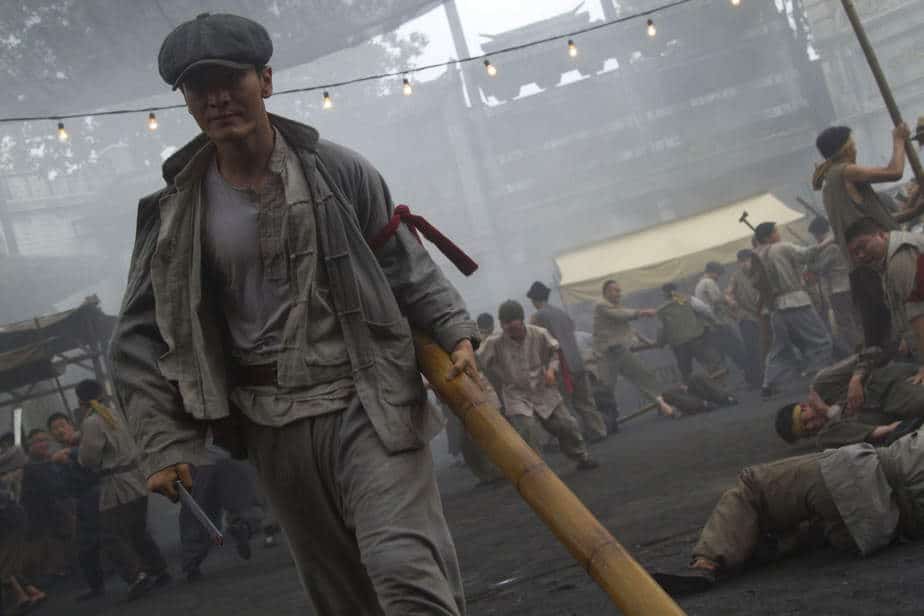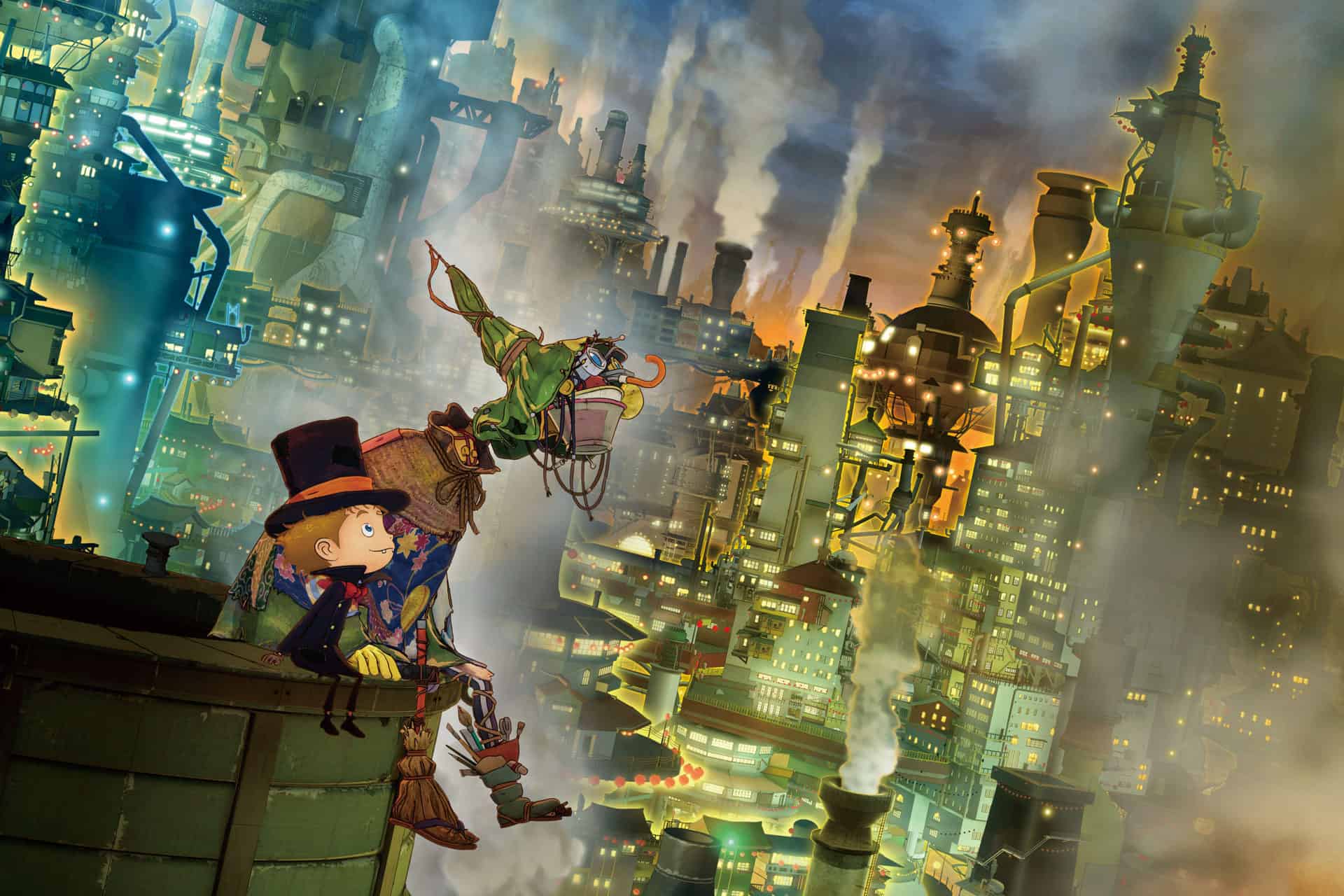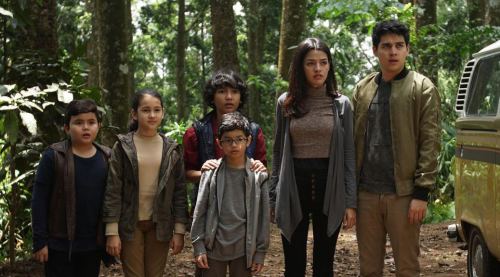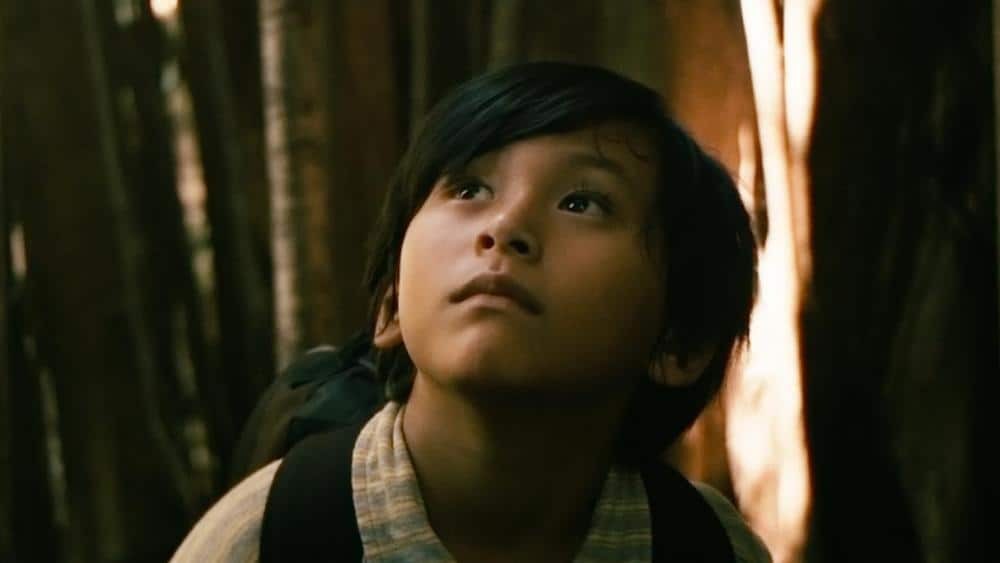Tatsushi Omori's career to date has been steady, if unspectacular, with a series of gentle films over the last decade-or-so, often delivered by a solid cast, culminating in ‘Every Day a Good Day' starring the late Kirin Kiki. His latest effort, the delightfully titled ‘When My Mom Died, I Wanted to Eat Her Ashes' based on Satoshi Miyagawa's manga, again puts together a nice cast in a tale of a son who cannot be without his mother, through sickness, health and even death.
“When My Mom Died, I Wanted to Eat Her Ashes” screened at the Toronto Japanese Film Festival:

Satoshi (Ken Yasuda of Studio Ghibli voice-acting fame) is at his mother's funeral, alongside father Toshiaki (Renji Ishibashi) and brother Yuichi (Jun Murakami). Alone with her body, he talks to her as if she is still alive.
We are then taken to Satoshi's childhood and shown a series of events where his mother, Akiko (Mitsuko Baisho), was there to drag him into adulthood in a way that only she could. She comes to his rescue when he is caught shoplifting and is strong for him when he is diagnosed with leukaemia at fifteen, encouraging him to masturbate into a cup to preserve his sperm for later life.
But now an adult male of middle-age, Satoshi is still the same mummy's boy he has always been. A wannabe manga artist, he sketches at the family home by day and teaches at a cram school by night. Despite getting home late, Akiko still waits up for him into the early hours until she knows her beloved son is home safe.

But this mother-son relationship will soon be brought to an end as Akiko herself is diagnosed with advanced-stage cancer. We already know the outcome, but how Satoshi copes with this impending loss of the woman who has always been there for him will make or break him.
Omori delivers the story of this relationship in his distinctive gentle and relaxing manner, as seen in ‘Tada's Do-it-all House', that can see you happily drift off to sleep in comfort. Despite its serious subject matter, the balance between light humour and melodrama is walked nicely, never veering too far into one or the other.
Yasuda is likeable as Satoshi, the ‘spoilt cry baby' who is also a middle-aged man, still very much his mother's son, as she praises his teaching around the village. With Toshiaki relatively distant as a father, when the news of Akiko's diagnosis comes, Satoshi is seemingly to be left without his safety net, which he has always relied upon. As a middle-aged child, he looks to his hero ‘Kid' Yamamoto and his motto ‘I am the son of God, I can do it!' He must be strong for her. Cue some distinctly Japanese humour.

But his strength manifests itself as anger and fear of losing her; his is not a strong spirit to pull her through as she did for him. Akiko, a typically quirky and happy soul, is quiet on her diagnosis, sitting alone in silence when he is not there. For him, she maintains an upbeat attitude, even asking his girlfriend Mari (Nao Matsushita) to marry him on his behalf. Mari accepts to humour Akiko; both accepting it is a dying wish to be unfulfilled. Satoshi cannot accept this acceptance. He is selfish, wanting his mother to survive purely for his own reasons.
Developed with a mix of humour, tension and emotion, Omori's is a good character piece as to the changing relationship between mother and son. However, this is somewhat let down by father and brother after the death, where the gentle balance between light humour and melodrama seesaws wildly. Toshiaki breaks down at her death, while Yuichi's emotional outburst of his regrets as to the relationship he had with his mother comes across as more comical than moving. Whether intentional or not, these scenes grate a little, as we are shown Akiko literally looking over them from the heavens. The body of this film deserved better.
However, a saving grace is that some time down the line Satoshi and Mari are now married and have a child. Becoming a father, Satoshi has finally matured, realising that a parent's death is part of a child's growth, and he will play the strong role for his child, as his mother did for him. Omori's is a maturing body of work, though some naive elements still creep into play.


